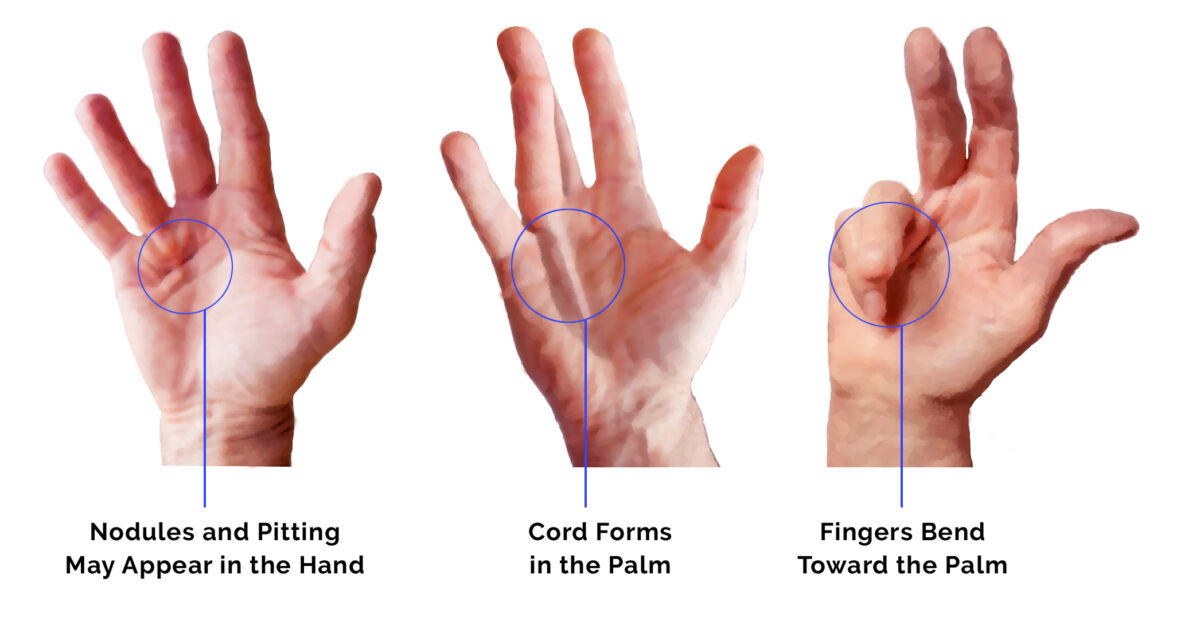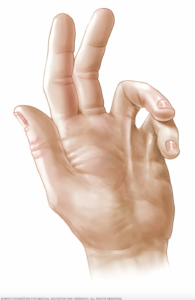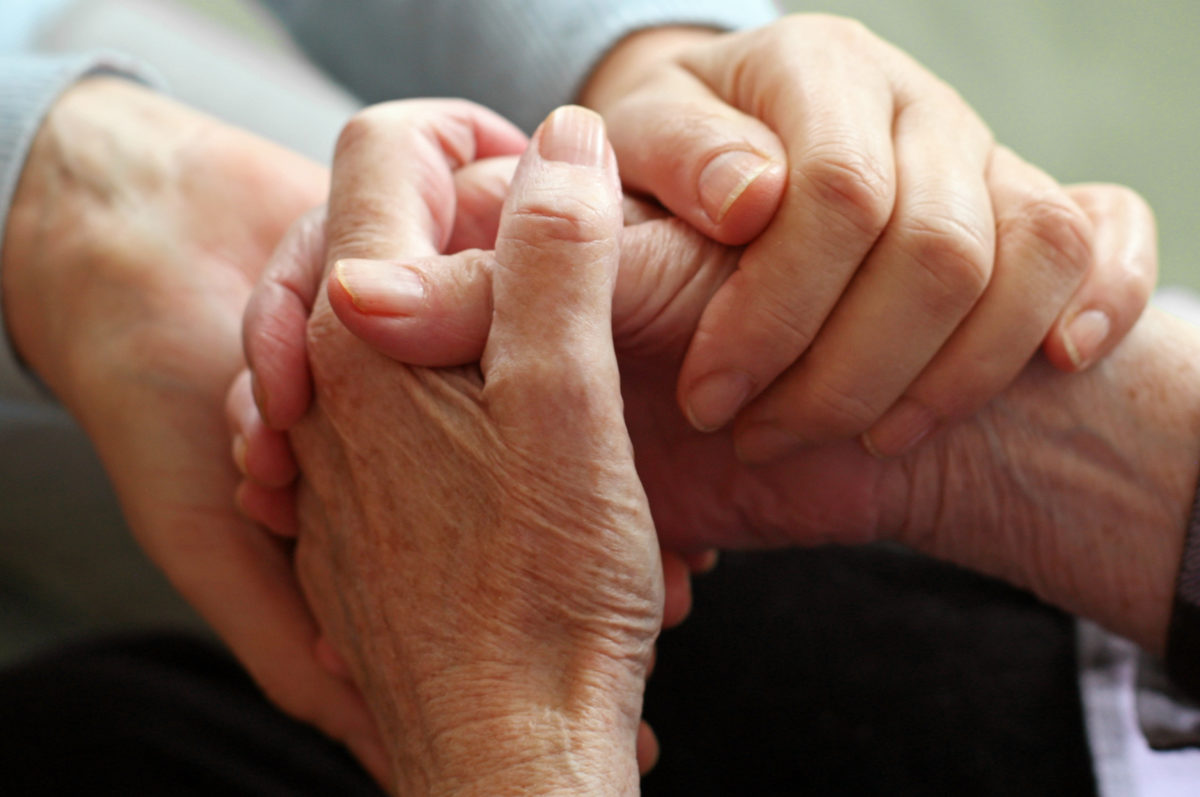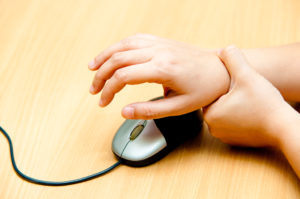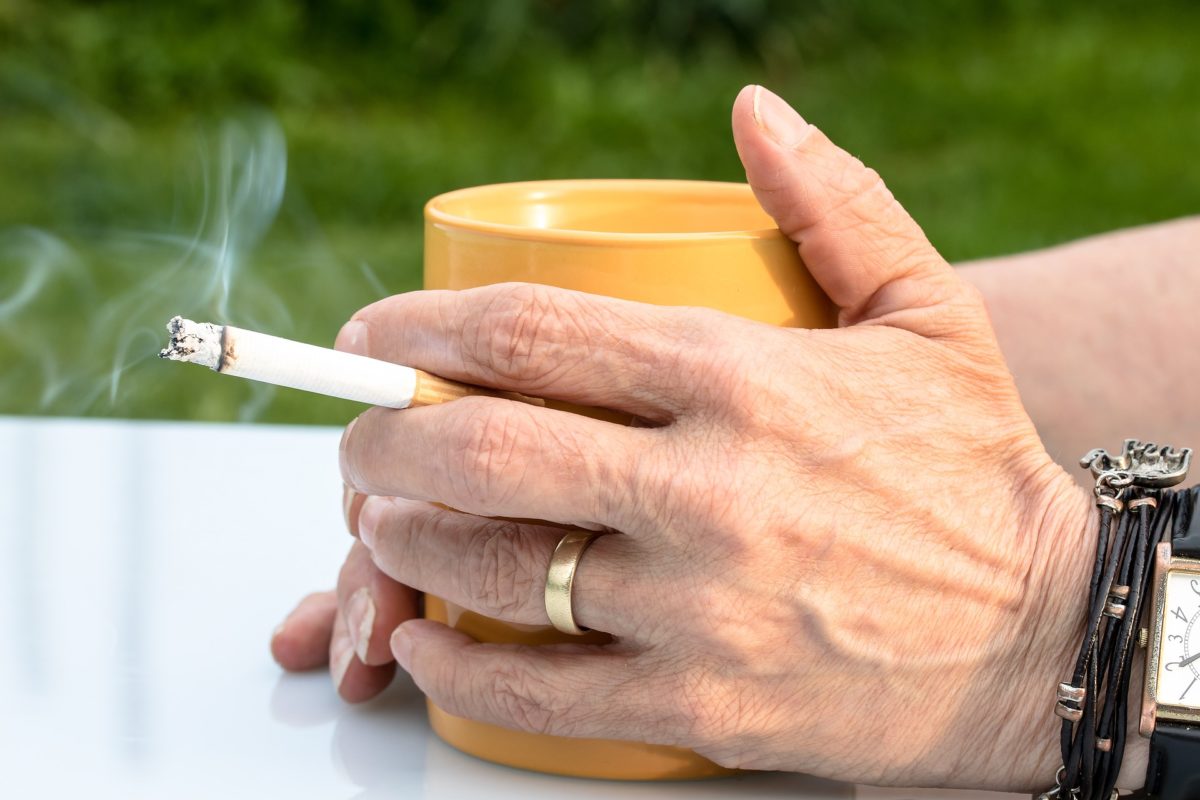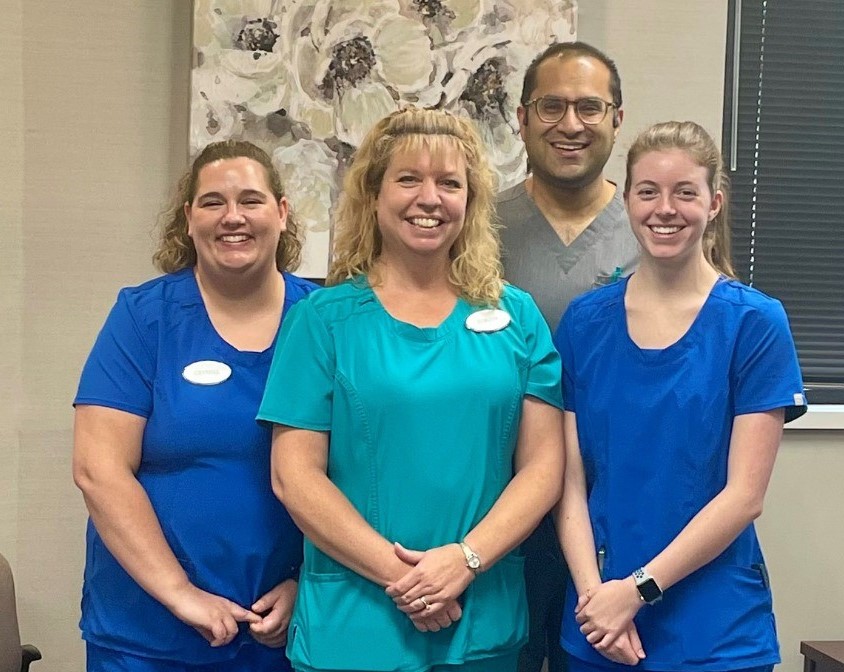Winter brings icy challenges to the residents of southeast Michigan, and one of those challenges is navigating the ice-covered roads and sidewalks. The risk of ice-induced falls and injuries increases dramatically this time of year and we’re seeing it for ourselves in patients coming in since the recent snowfall. So many make an appointment with Dr. Avery Arora, our Top Doc hand surgeon, and reveal, “I slipped on the ice and hurt my wrist.” The solution? Read on to learn more about what you can do with this injury and others.
Types of Winter Injuries
The Twisted Wrist:
- Common hand-related injuries from winter falls include wrist sprains or fractures.
- Check for arm crookedness to determine a potential fracture; seek emergency care if confirmed.
- If there’s no crookedness, it’s likely a sprain; self-treat with ice, elevation, and over-the-counter anti-inflammatory medications.
- If the pain persists, you may require an X-ray to rule out a fracture and should schedule an appointment with a hand doctor immediately.

The Elbow Joint Injury
- Swelling in joints like the elbows may indicate an internal injury.
- If severe swelling happens immediately and won’t go down, seek prompt medical attention.
- If you’re able to move the joint without numbness, monitor for improvement over a few days.
The Tailbone and Hip Fall
- For tailbone injuries, treat at home with ice and anti-inflammatory medications. Consider a donut pillow if sitting is painful; healing time varies.
- For hip injuries, know that an inability to walk suggests a potential break; seek immediate medical attention. If you’re walking with minimal pain, that indicates possible bruising; treat at home and monitor.
The Head Hit
- Arguably the worst injury of them all, if you’ve fallen on ice and hit your head, it’s important to determine if you have a concussion immediately.
- Mild concussion symptoms include headache, difficulty concentrating, nausea, and irritability.
- Severe concussion symptoms include numbness, vision issues, slurred speech, or severe vomiting and require immediate emergency attention.
Ice Fall Prevention Tips
- Avoid falling by walking in areas with minimal ice. We know that’s obvious advice, but you’d be surprised at how many people tell us they fell because they weren’t paying attention. Stay alert, focused, and intentional when walking outside – your body will thank you for it.
- Invest into proper footwear with good traction to wear when walking on icy surfaces. If you live in Michigan and you still don’t own boots with good traction, it’s about time you bought some. It’s pretty much guaranteed you’ll be navigating snow every winter, so it’ll be well worth it!
If you suspect you have suffered a winter-related injury in Michigan, there are many reputable hand doctor options from the Ascension or Beaumont healthcare systems or you can seek assistance from a qualified medical professional at a private practice. Arora Hand Surgery, led by Dr. Avery Arora, a specialist in upper extremity problems and a top Michigan hand doctor, has helped countless individuals alleviate their hand, wrist, and elbow related pain. You can contact the practice, with four locations in West Bloomfield, Warren, Macomb, and Howell, at (888) 392-4263 or schedule your consultation online through the website.


